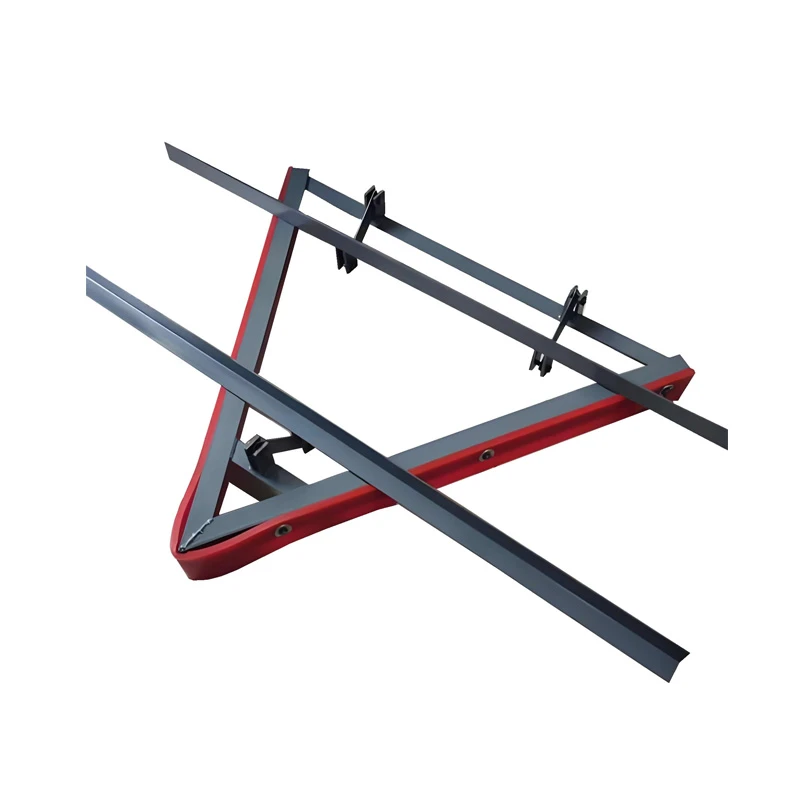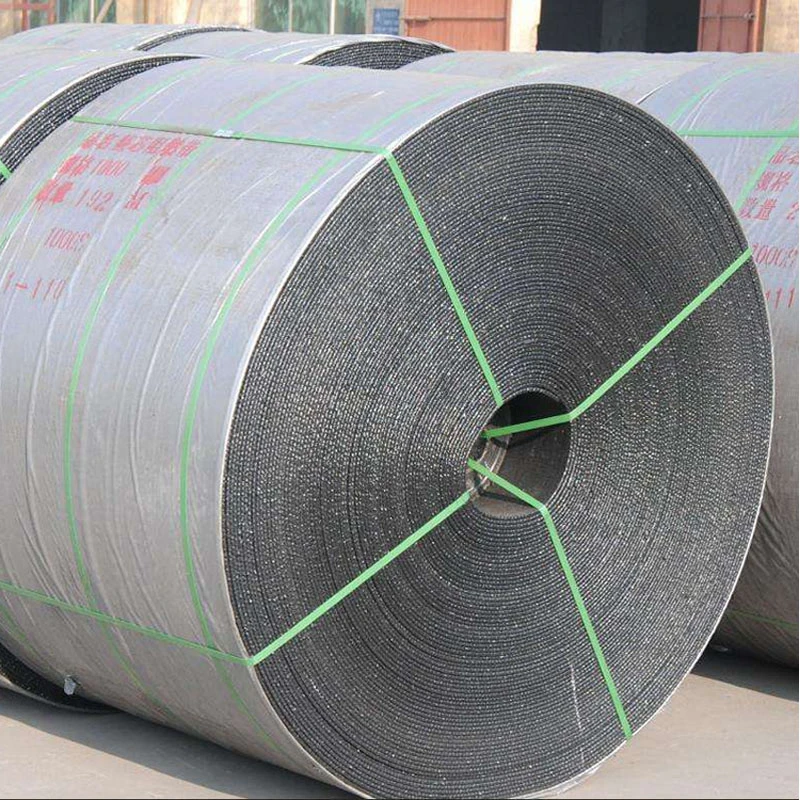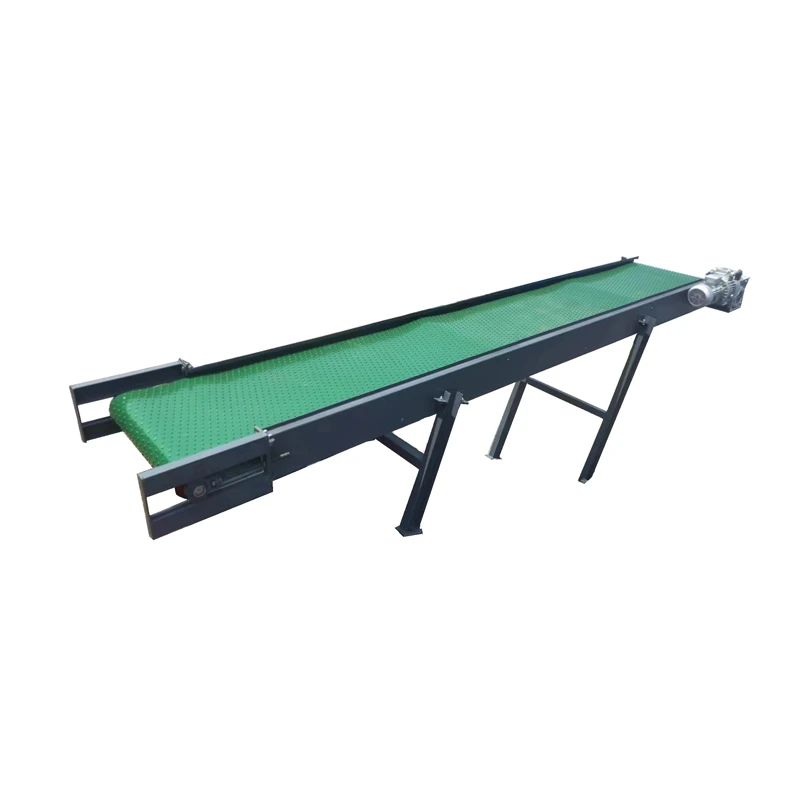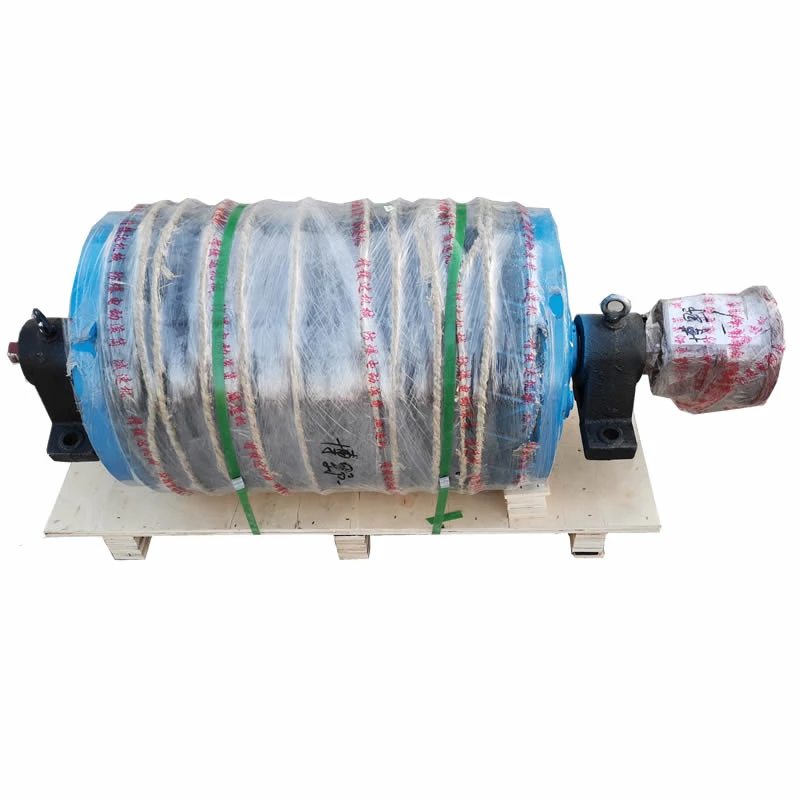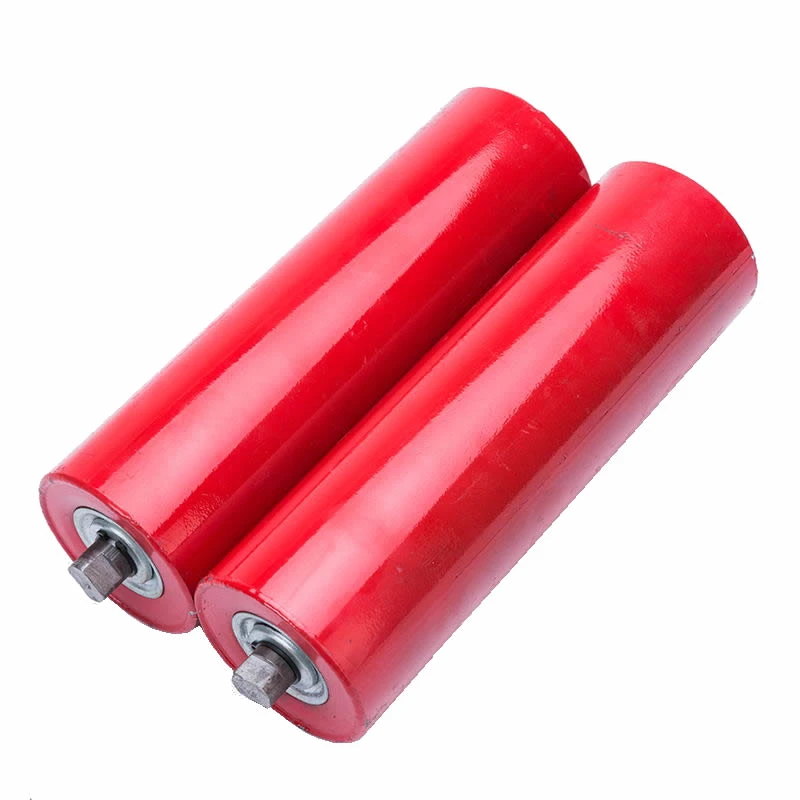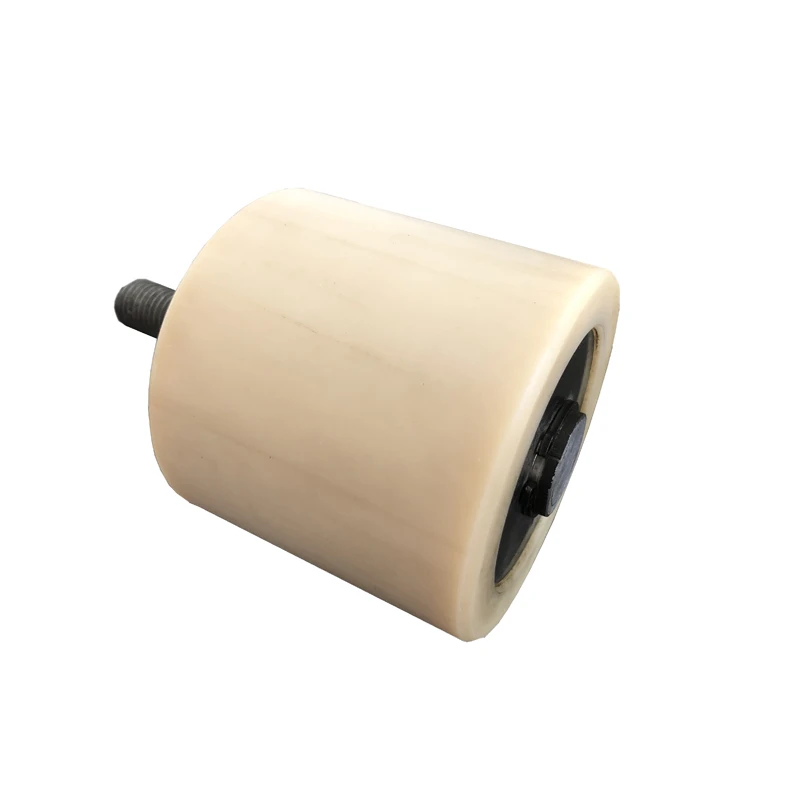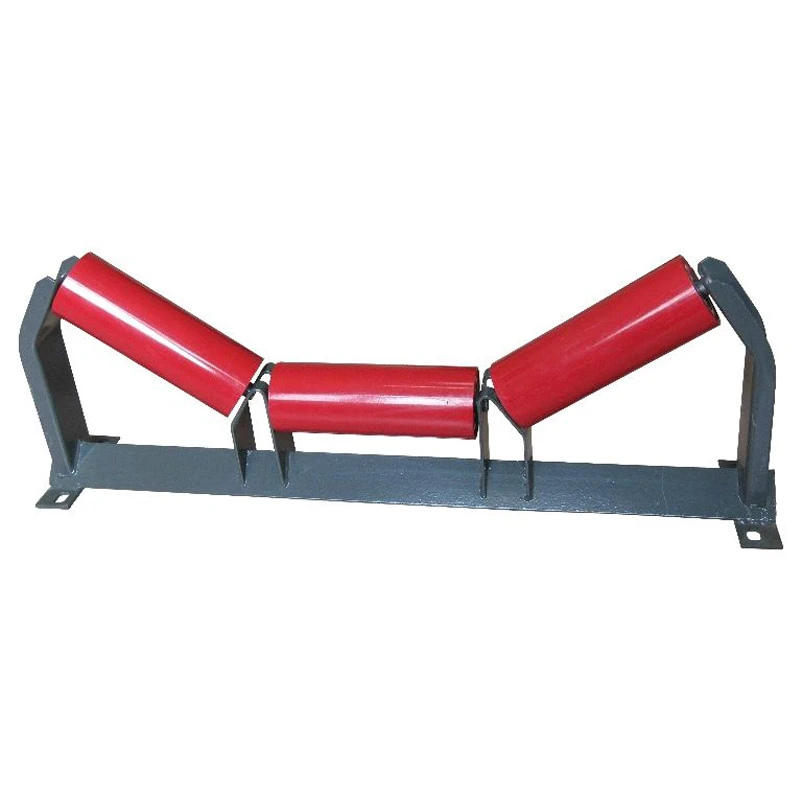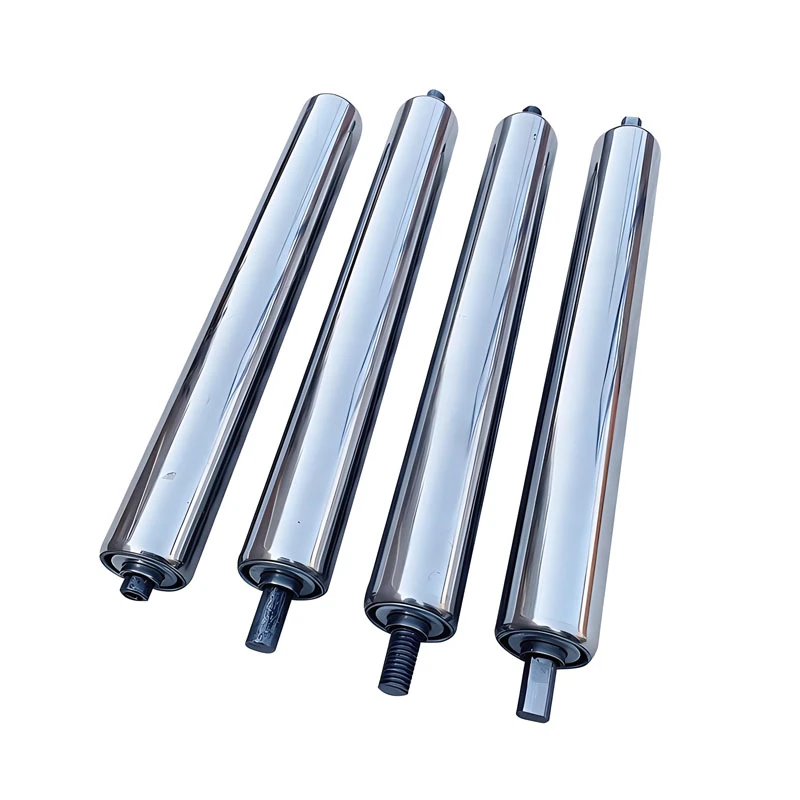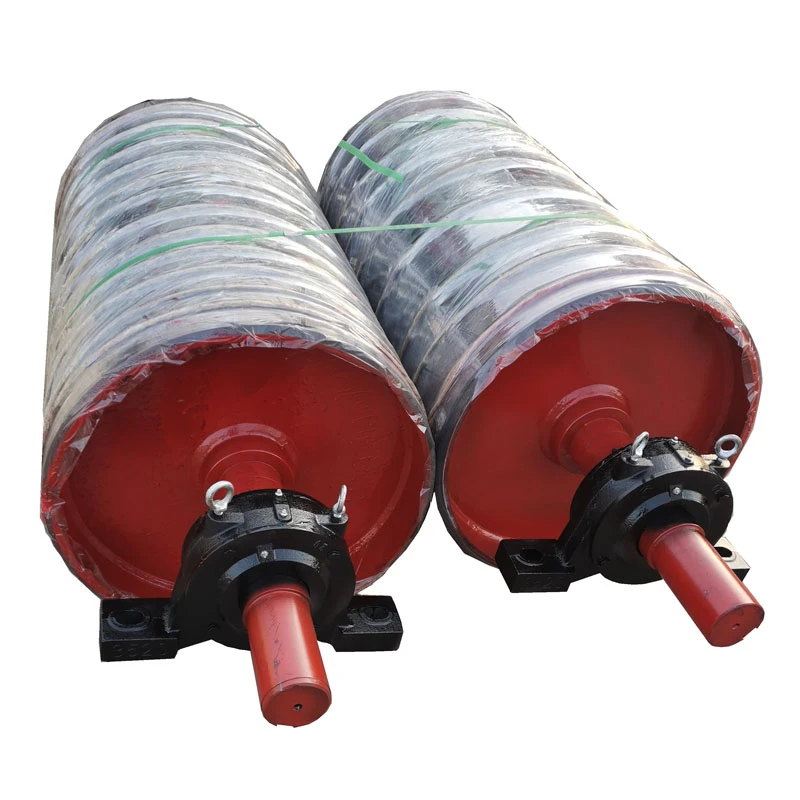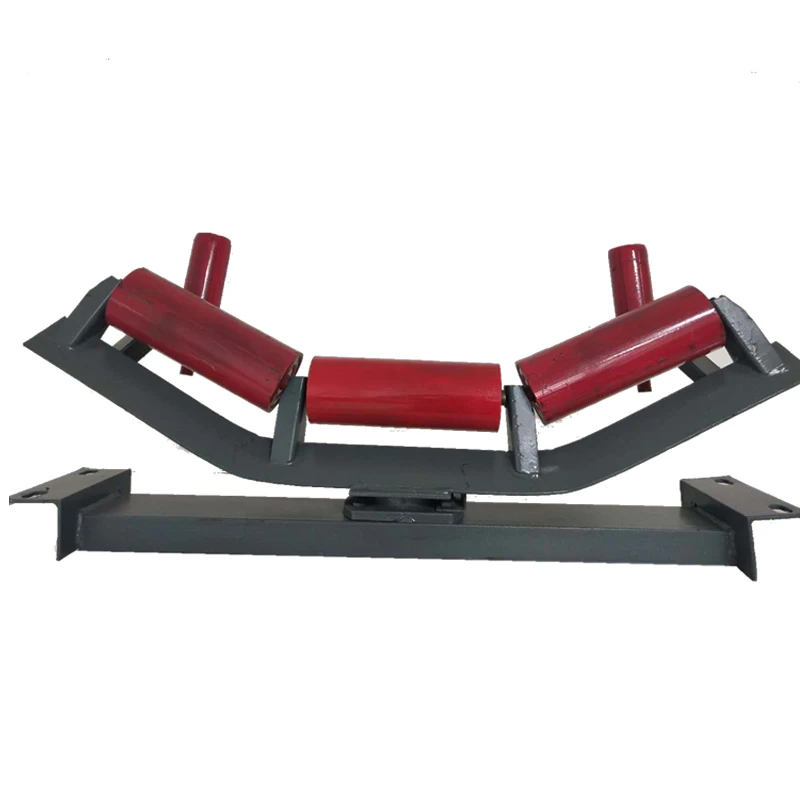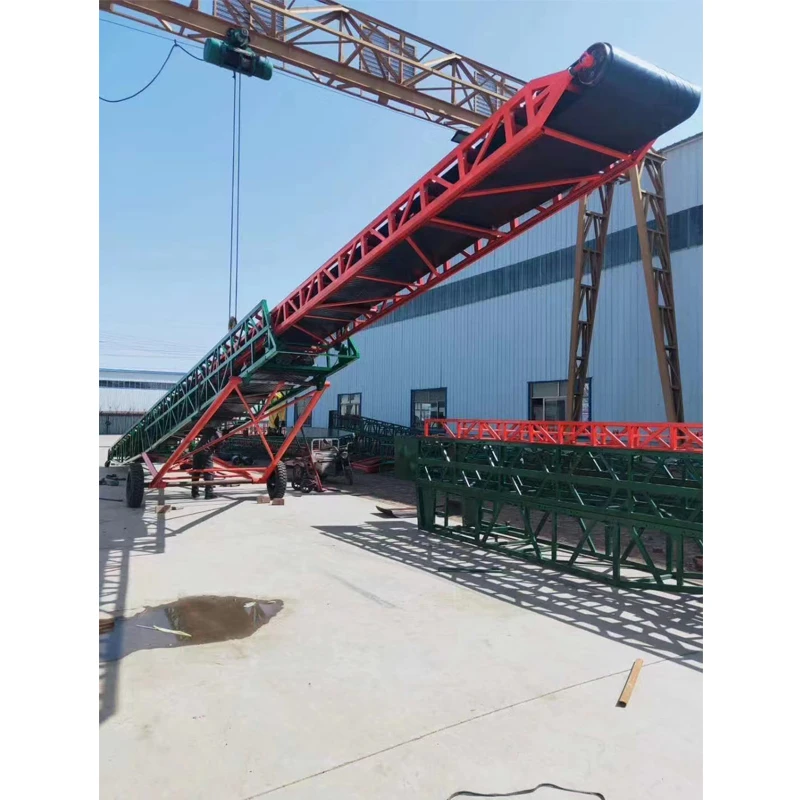When searching for conveyor belt rollers for sale, it’s essential to focus on quality, reliability, and the specifications that match your operational needs. These rollers are the driving components behind efficient conveyor systems across manufacturing, logistics, mining, and warehousing industries. They’re responsible for reducing friction, supporting weight, and ensuring smooth material handling over extended periods.
Top-quality conveyor belt rollers for sale are built with high-grade materials like galvanized or stainless steel, and sometimes heavy-duty plastic or PVC. These materials offer excellent resistance to corrosion, wear, and harsh environments. Whether you're installing a new conveyor line or upgrading an existing one, having access to a wide inventory of conveyor belt rollers for sale means you can meet your timeline and technical demands with ease.
Additionally, many vendors offer on-demand customization. From heavy-duty rollers for mining to food-grade rollers for hygienic applications, the options are vast. Make sure to choose a supplier that can provide both standard stock and tailored options, depending on your project’s scale and complexity.
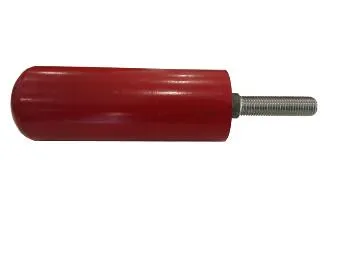
Why the Right Conveyor Roller Makes All the Difference
A conveyor roller might seem like a basic component, but it plays a critical role in maintaining the efficiency and safety of your entire conveyor system. A high-performance conveyor roller ensures smooth operation, low vibration, and minimal maintenance—all contributing to operational excellence.
From gravity rollers to powered ones, the variety in the market covers a wide range of uses. Steel rollers are ideal for heavy industrial applications, while polymer or plastic rollers are better suited for lightweight, corrosive, or food-grade environments. An effective conveyor roller features precise alignment and balance to reduce load stress on belts and motors, ultimately extending the lifespan of your entire system.
Shock absorption, noise reduction, and moisture resistance are all part of the performance characteristics. A well-designed conveyor roller minimizes system wear and supports continuous material flow without jamming or slippage. It also contributes to overall workplace safety by keeping loads stable during transport.
Choosing a Reliable Conveyor Roller Supplier for Lasting Value
Partnering with a trusted conveyor roller supplier is critical to ensuring quality, availability, and service. A professional conveyor roller supplier will offer not only products but also value-added services like technical consultation, installation support, and post-sale maintenance guidance.
Experienced suppliers understand the nuances of different industries and can recommend rollers that suit specific conditions, including temperature fluctuations, humidity, and load demands. Some suppliers also carry inventory management systems or just-in-time delivery, helping reduce downtime and inventory overhead.
The best conveyor roller supplier also offers full traceability of their components, ensuring that every roller meets international standards like ISO, DIN, or ANSI. Moreover, they provide comprehensive documentation, including specifications, certifications, and CAD drawings, helping engineers and technicians streamline system design and installation.
Be sure to work with a conveyor roller supplier that has a strong logistics network and a customer-centric support team. Prompt response times and efficient handling of custom orders can significantly impact your project timelines and operational continuity.
Understanding Conveyor Roller Price: What Affects Cost?
The conveyor roller price varies widely depending on materials, size, customization, and intended use. For basic gravity rollers, the conveyor roller price might be just a few dollars per unit. However, heavy-duty or specialized rollers with custom coatings, sealed bearings, or corrosion-resistant treatments can cost significantly more.
It’s vital to consider total cost of ownership, not just upfront conveyor roller price. Cheaper rollers may require frequent replacement or cause higher energy consumption due to poor alignment or resistance. Investing in higher quality often pays off in the long term by minimizing system failures and boosting uptime.
Innovative Conveyor Roller Design for Modern Demands
Today’s conveyor roller design integrates advanced engineering and manufacturing techniques to address challenges in various industrial settings. From high-speed sortation centers to food processing lines, the demand for efficient and ergonomic conveyor roller design is increasing.
Modern conveyor roller design focuses on reducing rotational friction, extending bearing life, and improving energy efficiency. Features like labyrinth seals, low-friction bushings, and reinforced shafts allow for smoother operation under demanding conditions. Some designs incorporate shock-absorbing rubber rings, making them suitable for fragile or sensitive loads.
Other innovations in conveyor roller design include:
Smart rollers: Embedded sensors to monitor temperature, vibration, and speed.
Modular construction: Allows for easier maintenance and part replacement.
Eco-efficient coatings: Reduce wear without using harmful lubricants.
Noise-reduction features: Ideal for workplaces with strict sound requirements.
By investing in advanced conveyor roller design, businesses can reduce downtime, streamline maintenance, and increase throughput—all while improving worker safety and product quality.
conveyor roller FAQs
What are the key materials used in conveyor roller manufacturing?
Most conveyor rollers are made from steel, stainless steel, aluminum, or engineering plastics. Steel is ideal for heavy loads and industrial use, while plastic rollers are better for food-grade or corrosive environments. Rubber coatings or PVC sleeves may also be applied for additional grip or noise reduction.
How can I choose the right conveyor roller supplier?
Look for a conveyor roller supplier with a strong track record, extensive inventory, and customization options. They should provide technical support, fast delivery, and competitive pricing. Ensure they comply with relevant industry standards and offer post-sale services like maintenance and replacements.
What’s the typical conveyor roller price range?
Basic conveyor rollers can start as low as $3–$10 per unit for light-duty applications. Heavy-duty or specialized rollers may cost between $20 and $100 or more, depending on features like material, bearing type, load rating, and custom design specifications.
How often should conveyor rollers be replaced?
Replacement frequency depends on usage, load, and environment. In high-speed, high-load operations, conveyor rollers may need replacement every 1–2 years. Regular inspection and lubrication can extend their lifespan. Some smart roller systems now offer condition monitoring to alert users when replacements are due.
What are the latest innovations in conveyor roller design?
Recent innovations in conveyor roller design include embedded sensors for predictive maintenance, low-noise operation, self-cleaning surfaces, and energy-saving constructions. These features improve operational efficiency, safety, and sustainability in both manual and automated conveyor systems.

